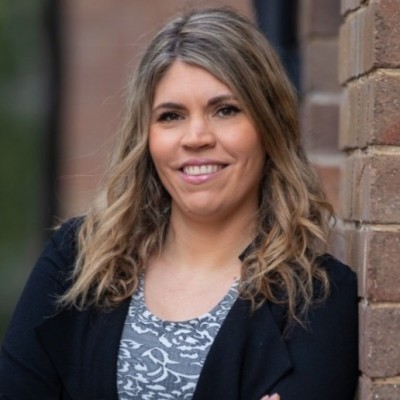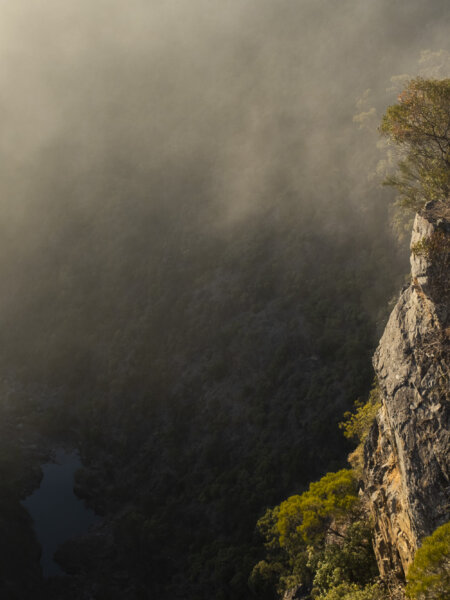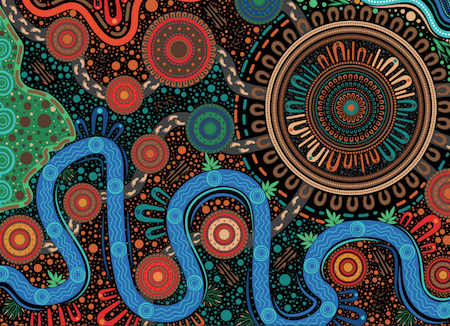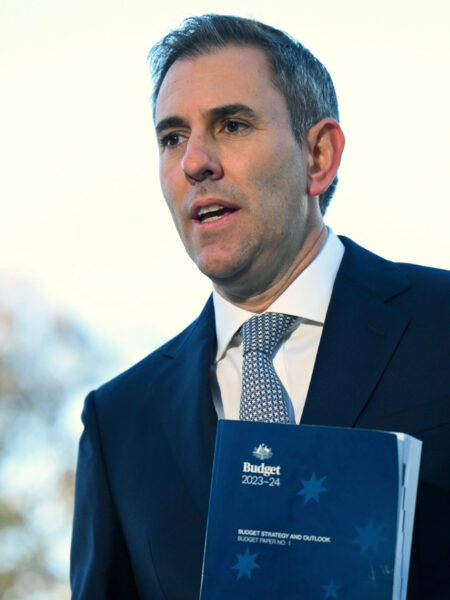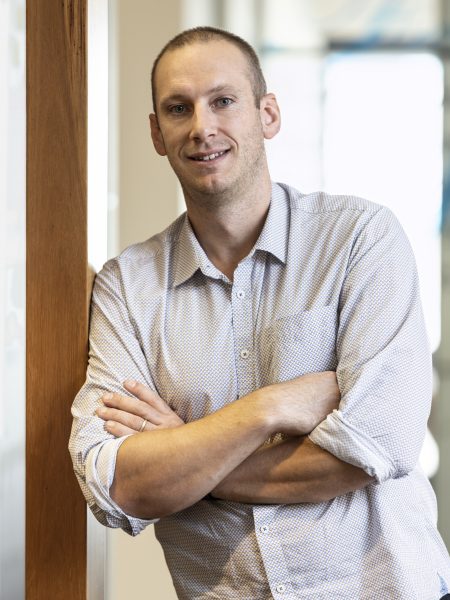Many non-Indigenous people that I speak with feel helpless or unsure about how they can engage meaningfully and supportively with Aboriginal and Torres Strait Islander peoples, issues and communities.
So I understand that it can be easy to slip into apathy, convinced that nothing you do will help, and scared to try, in case you end up doing the wrong thing.
To help you in this predicament, here is a starter list of avenues to get engaged and be supportive. There are always plenty of ways you can be involved, this it not the definitive list, but can point you in the right direction.
1. Read up
Read far and wide, keep your mind open and analyse different perspectives:
2. Travel with Welcome to Country by Marcia Langton
It’s basically a Lonely Planet for Aboriginal and Torres Strait Islander Australia and lists deadly things you can do around the country.
3. Find out about the mob in your local area
Google the area you live in or ask your local council to get clued up on who’s the local mob. This map is also a great resource.
Also look up your local Aboriginal Land Council to get a sense of the local community, and any events or ways that you can volunteer.
We all have completely different languages, histories, cultures and perspectives. It’s important to interrogate that.
4. Attend Aboriginal and Torres Strait Islander events
There isn’t a one stop shop calendar of Indigenous events across the country, but this list is a good record of significant events that have happened for Indigenous people, and there are often events that happen to mark these dates.
National Reconciliation Week runs from May 27-June 3 every year and NAIDOC Week runs around the first week of July each year. There are always events happening around the place – but even better why not plan one with your workplace or community!
There are also events on January 26, like Yabun festival in Sydney, to celebrate Indigenous peoples and cultures.
Importantly invite friends, family members and colleagues to these events, particularly ones that may not have engaged with Indigenous issues.
5. Watch NITV and follow IndigenousX
NITV is a free-to-air network with programs all about celebrating Indigenous culture, challenging perceptions, and facilitating debate.
Made by, for and about Aboriginal and Torres Strait Islander people, the channel “informs, educates and entertains its Indigenous and non-Indigenous audiences about the issues that matter the most to Indigenous Australians.”
You can also follow them on Instagram and Facebook.
Indigenous X is an Aboriginal owned and operated media company that’s all about challenging stereotypes of the Indigenous community.
Its Twitter account has a new guest tweeter every week – so you hear from Aboriginal and Torres Strait Islander people from around the country talking about issues that affect them and their communities.
They also have a website and are on Instagram and Facebook.
6. Encourage your workplace and university to do cultural competency
If you google cultural competency or Indigenous cultural awareness in the place you live, there is usually a provider.
7. Contract with Indigenous suppliers
Encourage your work or university to use Supply Nation – a national directory of Aboriginal and Torres Strait Islander businesses.
8. Support Reconciliation Action Plans
Encourage your work or university to do a Reconciliation Action Plan, which is a framework for how they can support reconciliation. But ensure they are meaningful, co-designed with Indigenous people and not just a box-ticking exercise.
9. Volunteer or donate to Indigenous organisations or causes
There are plenty of volunteering opportunities out there, including:
And many more! You can also look up local community groups, art galleries, and theatres that you can volunteer or donate to.
Google what your local Aboriginal Legal and Health services are and see if they require volunteers (and definitely donations).
Think about how you can be of assistance – whether it’s providing your skills, donations or an extra pair of hands.
10. Support organisations and peak bodies to fight for the rights of Indigenous people
There are many, but some include:
- ANTaR – a national advocacy organisation in support of justice, rights and respect for Australia’s First Peoples
- National Aboriginal Community Controlled Health Organisations – the national peak body representing 143 Indigenous health services
- The Healing Foundation – a national organisation that partners with communities to address the ongoing trauma caused by actions like the forced removal of children from their families
- SNAICC – the national non-government peak body in Australia representing the interests of Aboriginal and Torres Strait Islander children
- Aboriginal Medical Services Alliance Northern Territory (AMSANT) – the peak body for Aboriginal community controlled primary health services in the NT
- First People’s Disability Network – a national organisation representing Aboriginal and Torres Strait Islander people with disability and their families
- Indigenous Literacy Foundation – it gifts thousands of books to remote Indigenous communities and runs programs to inspire communities to tell and publish their own stories
- APONT – An Aboriginal governance and management program that builds strength and resilience in NT Aboriginal Organisations
- Lowitja Institute – a national institute for Aboriginal and Torres Strait Islander health research
- TSYRSA – provides sports funding, financial support and community grants to Indigenous people within the Torres Strait region
